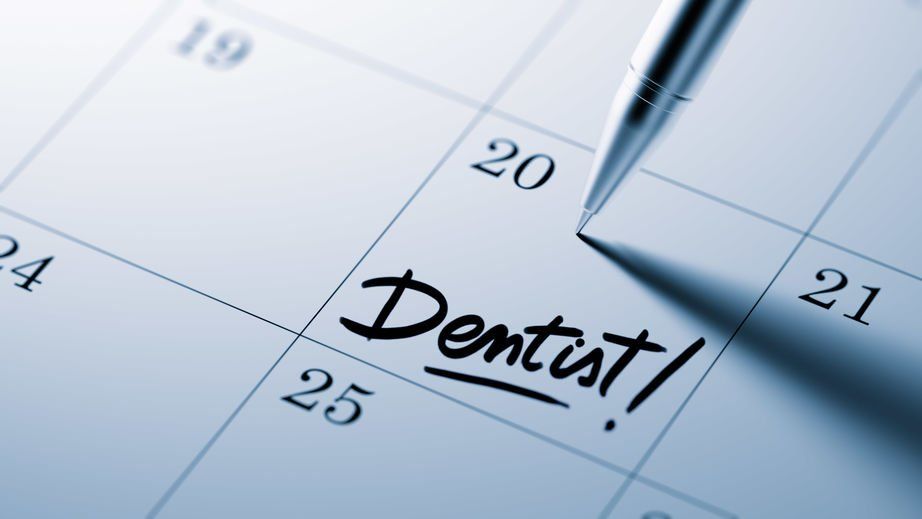How Oral Sedation Can Help Your Overall Health
- By Mary Marks
- •
- 29 Nov, 2018
- •

Do you avoid or postpone indefinitely the appointments with your Denver sedation dentistry office? The thought of sitting in that chair in your dentist`s office, hearing those noises made by dental equipment causes you stress? Well, you may want to know that many people feel this way.
Fortunately, there is sedation, a method used in dental treatments that makes patients feel relaxed, comfortable and calm.
Dental sedation uses an anesthetic that works simultaneously as an anti-anxiety drug, but also as a sedative to help you relax during any procedure. The anesthetist can give you different dosages of sedative medicine that put you in a state of mild or deep sedation, according to your medical condition and the type of oral treatment to be performed.
Oral sedation helps your overall health in several ways.
First, it is safer than general anesthesia, reducing the risk of medical problems that may occur during the procedure (heart problems, stroke, etc.). Due to the amnesia effect of sedatives, many patients perceive the intervention as quite short, even if it lasted for several hours.
Sedation helps you feel better in the position you need to stay during the treatment, relaxing your neck and back muscles, offering you a comfortable experience. Anxiety and fear will be reduced, and physical comfort will be accompanied by mental and emotional relaxation.





Although oral sedation dentistry Highlands Ranch is one of the optionsavailable for managing anxiety and discomfort during oral surgery, you certainly do not need to use it all the time. As a matter of fact, the exact type of sedation or anesthesia that you receive during oral procedures may depend on various factors, such as the complexity of the procedure, your medical problems, as well as your doctor’s preferences.
There can be several different levels of sedation that can be used in oral surgery. Local anesthesia is one of them. This involves injecting anesthetic medication into the specific area where the surgery will take place. It numbs the area and is often used for less invasive procedures.
Oral sedation involves taking medication in the form of a pill to induce a state of relaxation and drowsiness. The patient is still conscious, but he/she may not be fully aware of the procedure. At any rate, sedation helps him/her get rid of anxiety.
In the case of intravenous sedation, medication is administered through a vein, which induces a deeper state of sedation than oral sedation. Patients may still be conscious, but they are less aware of their surroundings and may not remember the procedure.





